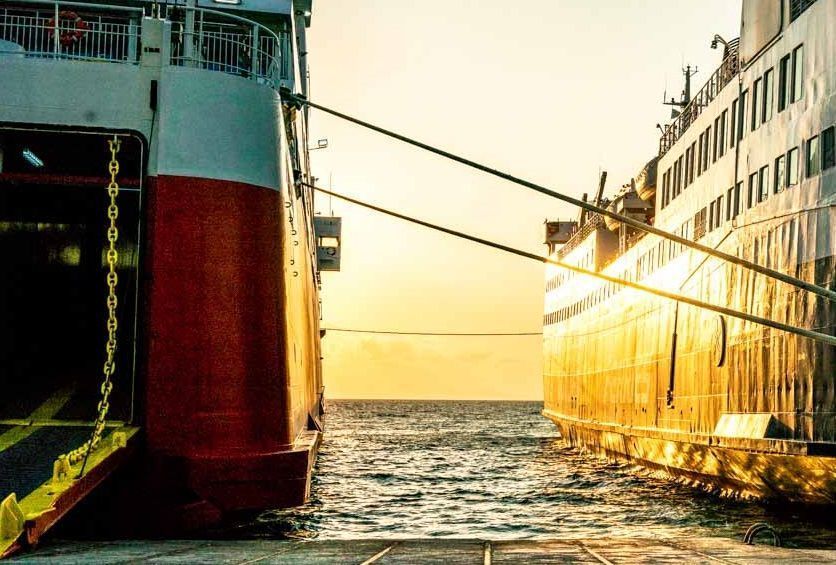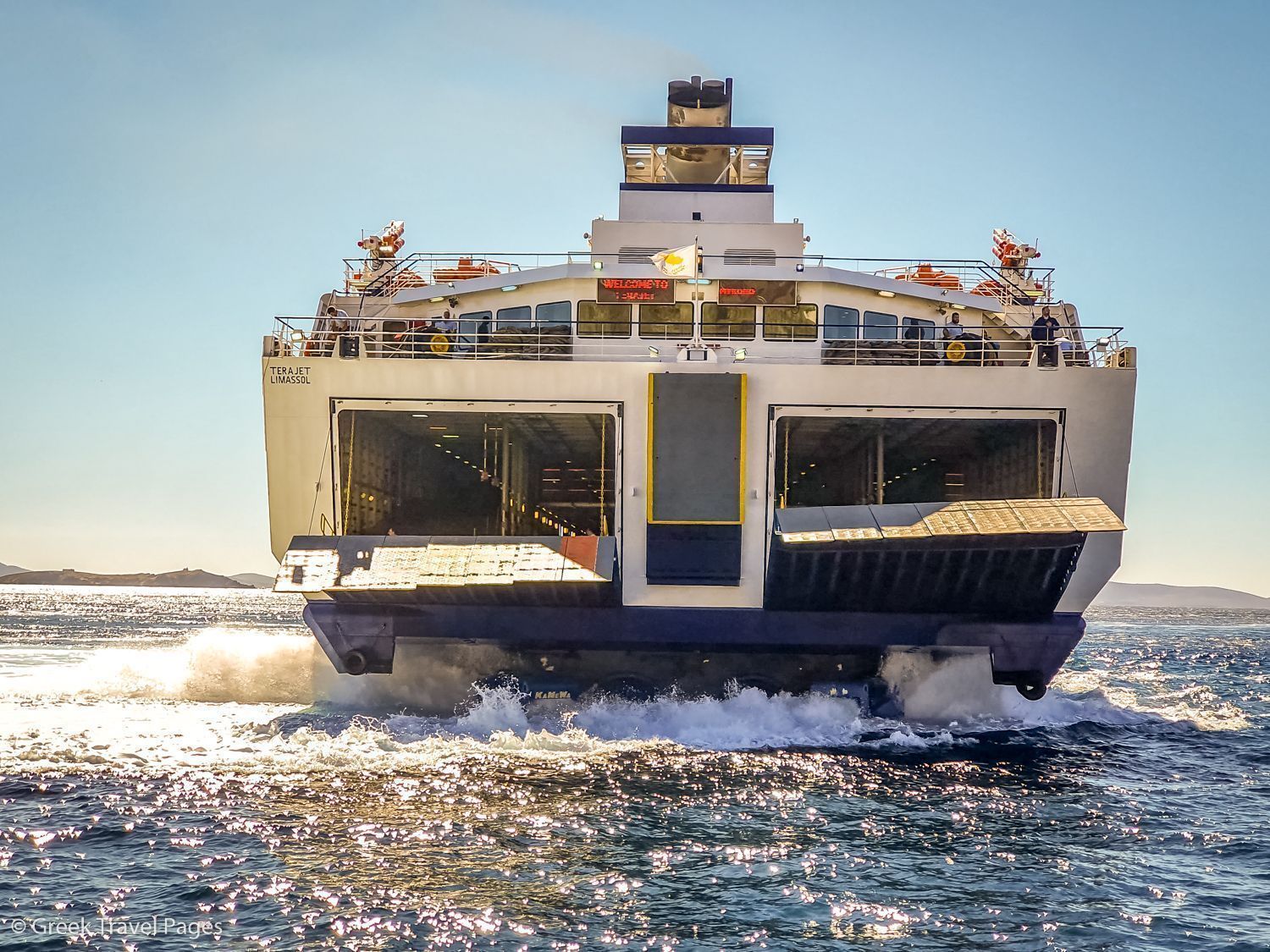Greek Coastal Shipping Sector Sees Challenging Year Ahead
Improving port infrastructure, complying with international environmental regulations and accelerating fleet renewal are some of the challenges the Greek coastal shipping sector is up against, ahead of the 2021 tourism season and amid concerns for the development of the coronavirus (Covid-19) pandemic.
A recent survey conducted by the Foundation of Economic and Industrial Research (IOBE) under the title “Passenger shipping in Greece 2016 – 2020, performance contribution to the economy, prospects” refers to three key areas of concern for the future of Greek passenger shipping:
– Uncertainty for the development of the pandemic and its mid-term effect on tourism.
– The transition to a low-carbon economy until 2030 that is expected to increase fuel costs and bring to the forefront the need for fleet renewal. According to IOBE, almost half of the ships operated by Greece’s main shipping companies are between 20 and 29 years old. Meanwhile, 2 out of 5 ships have been in use for over 30 years.
– The potential rise of VAT rates on ferry tickets would negatively affect passenger and vehicle transport in Greece. It is reminded that due to the pandemic, VAT on ferry tickets for passengers has been reduced from 24 to 13 percent until April 30.
“Coastal shipping protects our national interests and ensures development for our islands and Greece’s tourism. Sixty five percent of transport concerns tourism – domestic and international – food and interconnection,” Greek Shipowners Association for Passenger Ships (SEEN) President Michael Sakellis told reporters during a press conference on Monday.
“We must support the passenger shipping industry… and ensure the further improvement of the services offered,” he added.
In its survey IOBE proposes that:
– the VAT charge on ferry passenger tickets remains at the reduced 13 percent for 2021
– the VAT charge to transport private cars also be reduced to 13 percent
– compulsory itineraries are re-planned and vessels are compensated based on the actual costs of the compulsory routes they carry out
– Greek coastal shipping taps into the benefits of new technologies through the development of an electronic ticket and other mobile phone applications
– port infrastructure is improved with the addition of renewable energy resources such as alternative fuels (such as LNG) and charging stations for electric vehicles
– a national strategy is developed for the smooth transition to a net-zero gas emissions economy until 2050.
According to the survey, the total contribution of the passenger shipping sector to Greece’s GDP reached 13.6 billion euros or 7.4 percent in 2019. Its contribution to employment reached 332,000 jobs or 8.5 percent of total employment.
In 2020 however, the sector is expected to post over 300 million euros in lost revenue, and total loss of 120 million euros, as a result of the Covid-19 health crisis.






